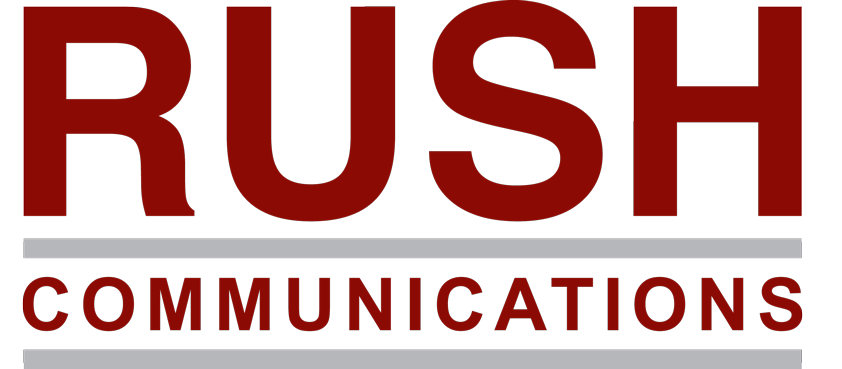Simmons signed unknowns to Def Jam, the record label he started with producer Rick Rubin. Many of those artists, like Public Enemy, Kurtis Blow, Slick Rick, and LL Cool J, became famous. Hip-hop reached the record-buying masses. White, suburban youth grew fascinated by black urban culture. If white parents started to wonder why their children were “acting black,” the answer was simple: Russell Simmons had made it cool.  Simmons stood at the center of hip-hop’s growth, making sure his performers followed the money. He lobbied MTV to air Run-DMC videos, and had the rappers record a song with Aerosmith, a well-known white rock band. He signed a group of white rappers, the Beastie Boys, helping broaden the movement. He welcomed white audiences, defining hip-hop as a youth culture, not a race-based one. When fashion designers co-opted hip-hop styles, he created his own clothing line, Phat Farm; it would grow into a $140 million business. In 1985, he inked a music distribution deal with CBS worth $600,000. Fourteen years later, Universal would buy Def Jam for $120 million. (Source: pbs.org — http://to.pbs.org/1W0e0YN)
Simmons stood at the center of hip-hop’s growth, making sure his performers followed the money. He lobbied MTV to air Run-DMC videos, and had the rappers record a song with Aerosmith, a well-known white rock band. He signed a group of white rappers, the Beastie Boys, helping broaden the movement. He welcomed white audiences, defining hip-hop as a youth culture, not a race-based one. When fashion designers co-opted hip-hop styles, he created his own clothing line, Phat Farm; it would grow into a $140 million business. In 1985, he inked a music distribution deal with CBS worth $600,000. Fourteen years later, Universal would buy Def Jam for $120 million. (Source: pbs.org — http://to.pbs.org/1W0e0YN)
